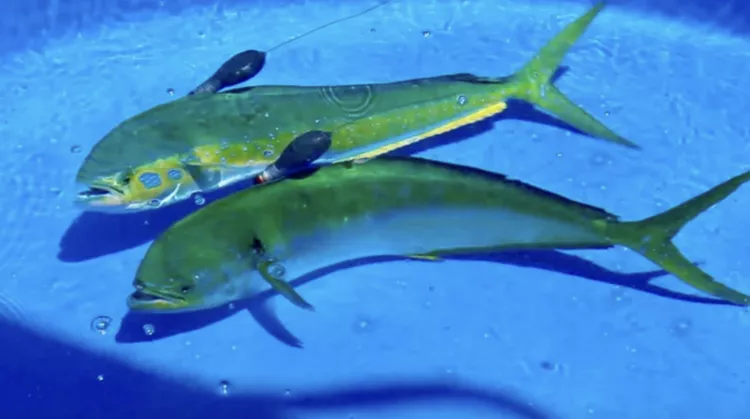Fish behaviour affected by exposure to crude oil
A study looks into how fish in the wild are affected after being exposed to crude oil.
The 3.19 million barrels of crude oil that spilled into the Gulf of Mexico during the Deepwater Horizon in 2010 had a devastating impact to the natural environment, as well as the people and animals in the vicinity.
A study on the mahi-mahi in the nearby waters revisits the incident by studying how fish in the wild are being affected from the exposure to crude oil.
Led by researchers at the University of Miami's Rosenstiel School of Marine, Atmospheric, and Earth Science, the team caught mahi-mahi and exposed them to sublethal levels of crude oil on board the research vessel, before tagging and releasing them back into the wild.
According to the press release, the exposed fish in the lab showed some degree of impairment in their swimming, olfaction and vision, as well as in their sensory and central nervous systems. In addition, the released fish were more likely to fall prey to predators for the first eight days and experienced lowered spawning rates for up to 37 days.
These effects were documented in a paper published in the journal Environmental Science & Technology.
“Understanding the direct impacts of oil exposure on wild fish is critically important as deeper and riskier offshore oil drilling operations increase,” said co-author Martin Grosell, professor and chair of the Department of Marine Biology and Ecology at the Rosenstiel School.



























